Tralalere_DROITS_EN
D_EN_P01
How to behave in public

D_EN_P01_E01
D_EN_P01_E01
What does the motto ‘one person’s freedom ends where another’s begins’ mean?
D_EN_P01_E01

D_EN_P01_E02
How to behave in public
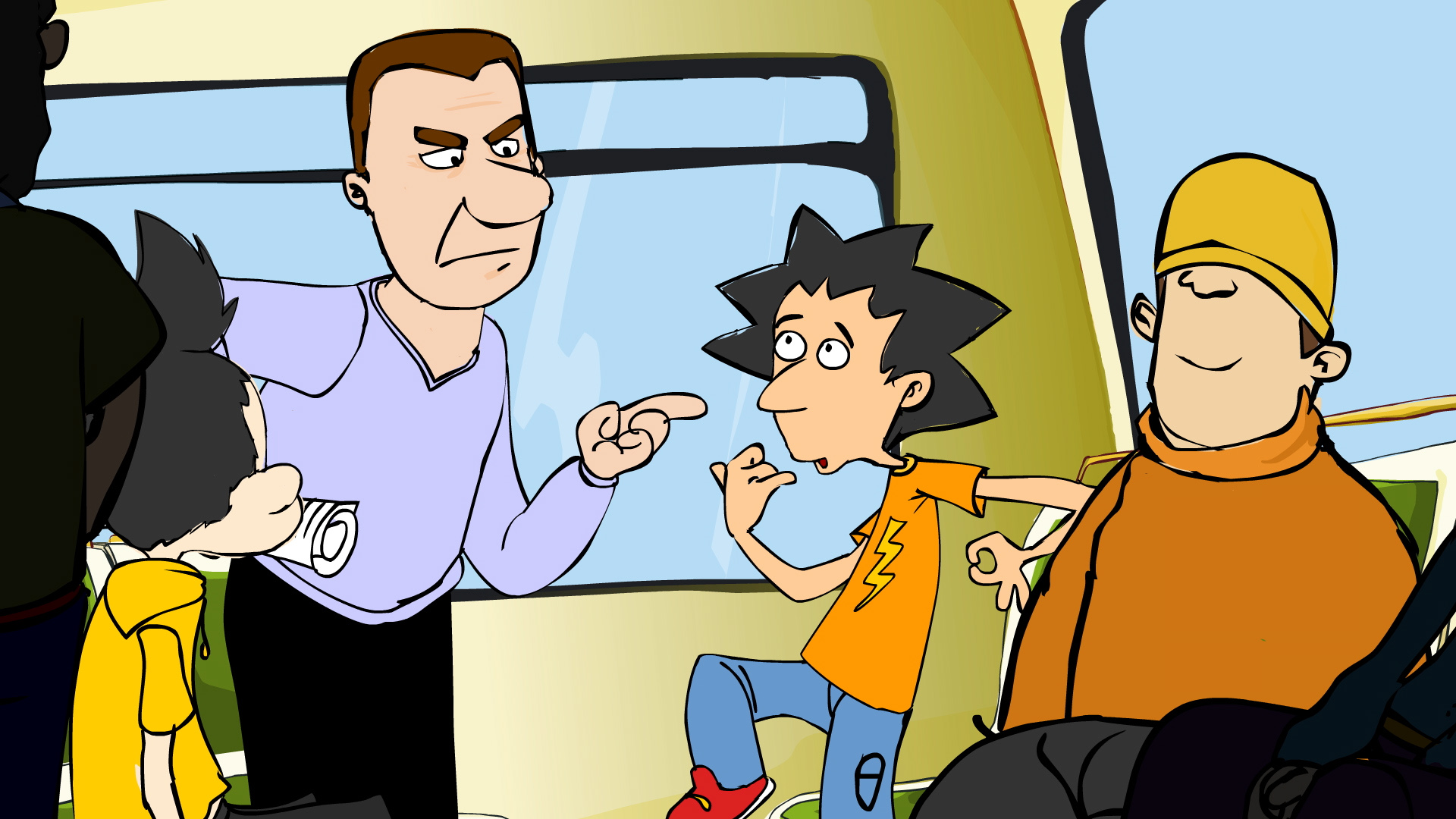
D_EN_P01_E03
D_EN_P01_E03 decrypt1

D_EN_P01_E03 decrypt2

D_EN_P01_E03 decrypt3

D_EN_P01_E03 decrypt4
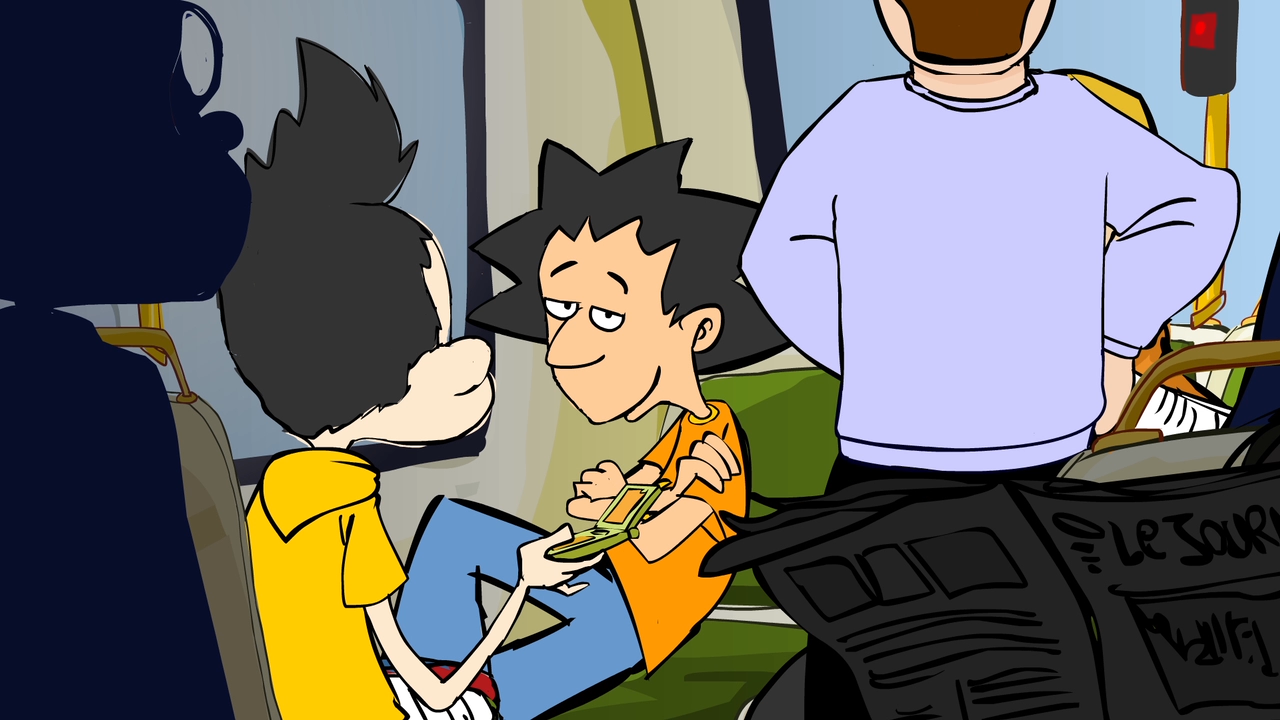
D_EN_P01_E03 decrypt5

D_EN_P01_E04
Key messages
- Public transport is for everybody, so we have to follow its rules.
- One person’s freedom ends where another’s begins.
- Difference between incivilities (being seen as impolite) and breaking the law or the rules.
D_EN_P01_E05
Interactive Image

D_P01_E05_concept
Do we have the right to do whatever we want on public transport?
D_P01_E05_consigne
Click on the situations where passengers are not behaving correctly on the bus.
If you get it right, a bubble will appear to explain what’s wrong with that behaviour.
If nothing happens, it’s because there are no problems in the area selected.
D_EN_P02
Bullying and extortion

D_EN_P02_E01
D_EN_P02_E01

D_EN_P02_E01
Can you take care of a bully by yourself?
D_EN_P02_E02
D_EN_P02_E02_img

D_EN_P02_E03
understanding 1

understanding 2

understanding 3

understanding 4
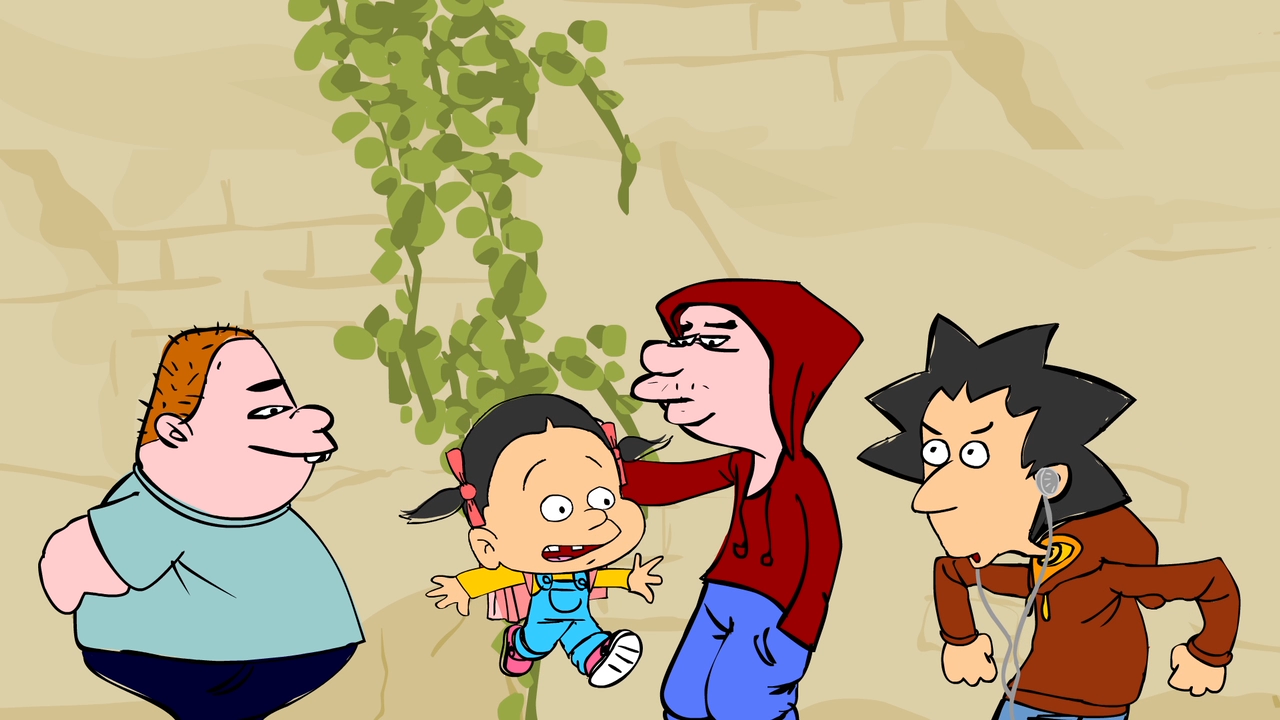
understanding 5
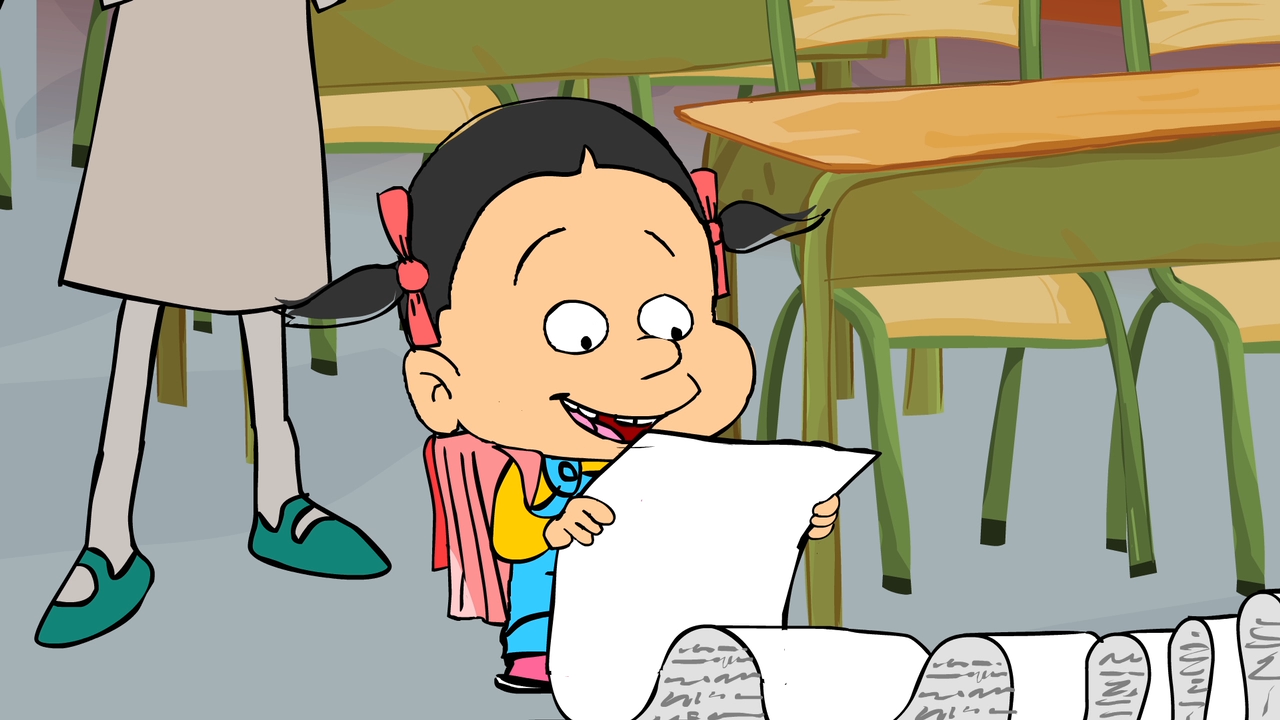
D_EN_P02_E04
Key Messages
- The Penal Code defines extortion as obtaining something from someone using threats and/or violence.
- You should always ask an adult for help when dealing with a bully.
- If you don’t tell anyone, the situation can keep repeating and get worse.
- In a country or state that is governed under law, you cannot take the law into your own hands.
D_EN_P02_E05
D_EN_P03
Election of delegates

D_EN_P03_E01
D_EN_P03_E01

Introduction
What is democracy?
D_EN_P03_E02
D_EN_P03_E02_img

D_EN_P03_E03
decryptage 1

decryptage 2
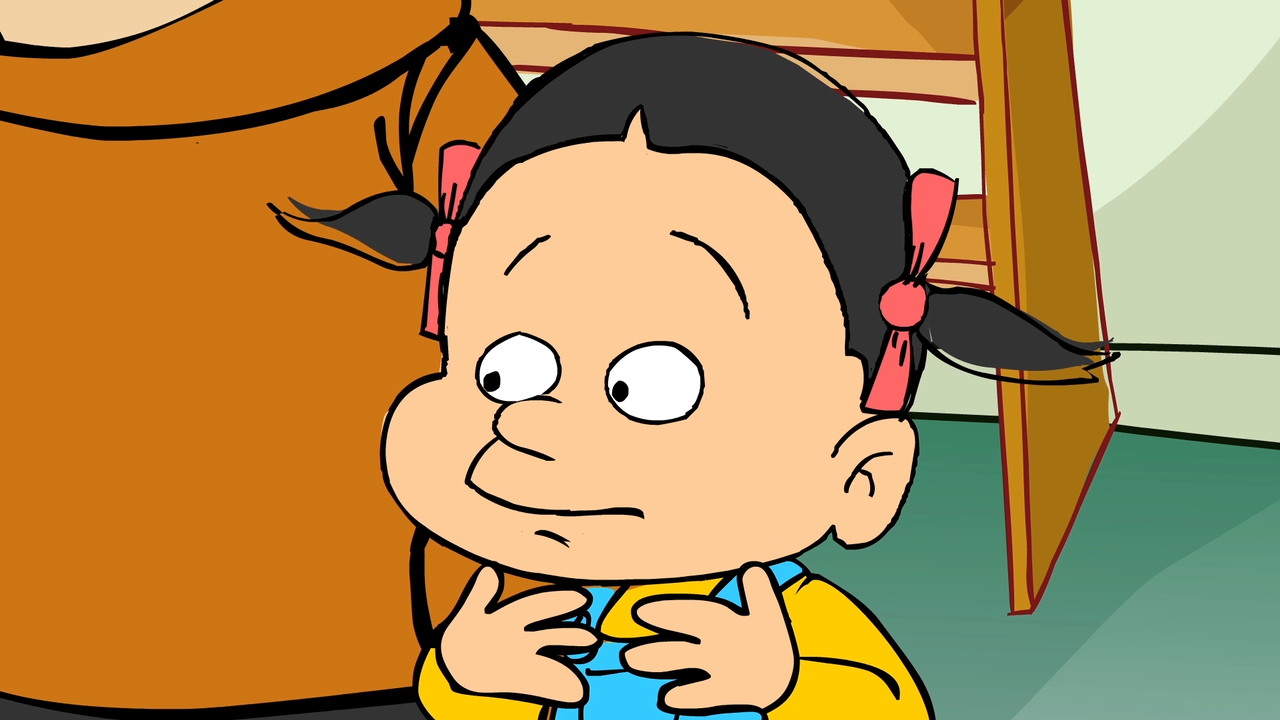
decryptage 3

decryptage 4

decryptage 5
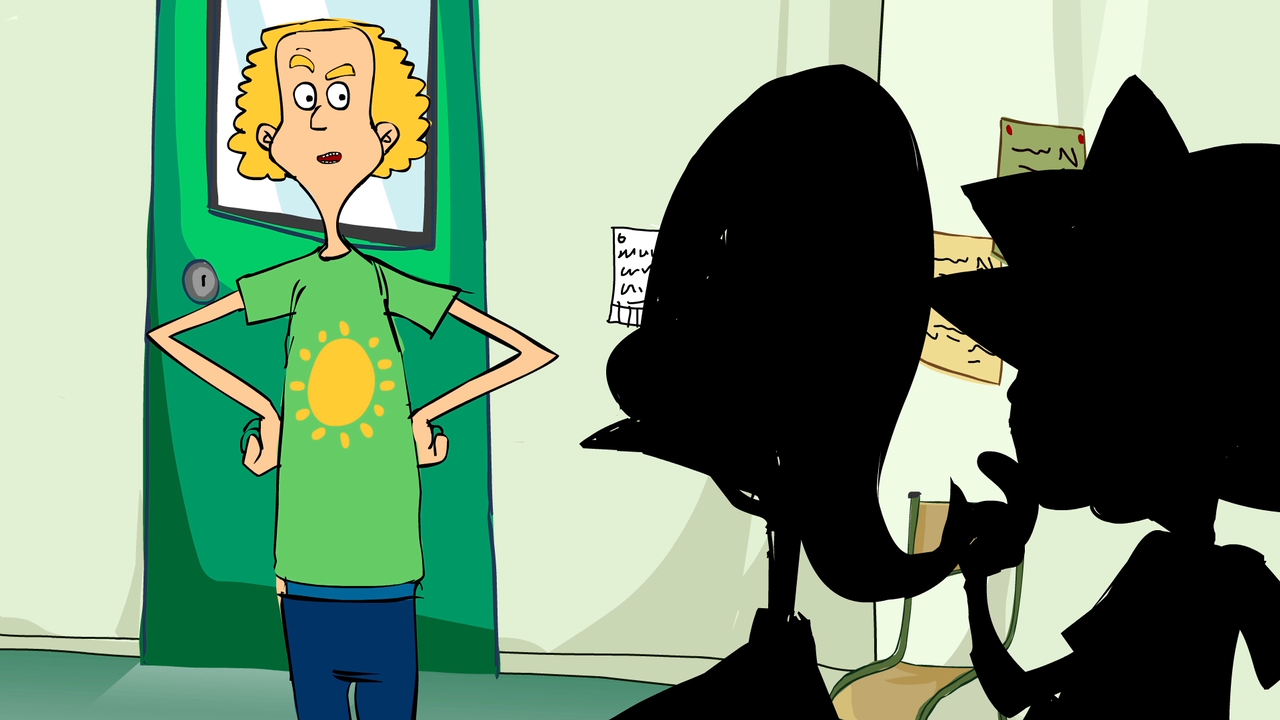
D_EN_P03_E04
Messages clés
- Being an elected representative means having responsibilities.
- In France, all adult citizens have the right and duty to vote: it is an act of citizenship.
- Women have had the right to vote in France since 1944.
- Cheating in an election, whether you are a candidate or a voter, is punishable by law.
D_EN_P03_E05
drag0:drop0

drag0_feedback
The noticeboards are there to inform voters about candidates and their political affiliation.
It is the first stage in an election – you need to know who is running in an election so that you can choose who to vote for.
drag1:drop1

drag1_feedback
The vote must stay secret : nobody should know who you are going to vote for. That’s why voters take at least two ballot papers.
To ensure democracy, the vote must not be under any pressure.
If people know who you’re voting for (e.g. if you only take one ballot paper), they might try to change your mind !
drag2:drop2

drag2_feedback
The POLLING BOOTH means you are alone when you vote, so that nobody can influence you.
You are alone in the booth, hidden by a curtain.
Nobody can see who you vote for.
drag3:drop3
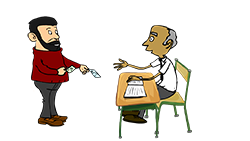
drag3_feedback
You must present your ID and voting card so that your identity, age and registration on the electoral roll can be confirmed.
In France, anyone aged 18 or over who is of French nationality (or European for certain elections), registered on the electoral roll and has not had their civil rights revoked may participate in an election.
drag4:drop4
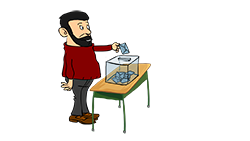
drag4_feedback
The voter slides the ballot paper into the ballot box. The ballot box is supervised and kept closed in order to prevent fraud.
‘Assessors’ watch the ballot box to make sure you only submit one ballot paper.
drag5:drop5
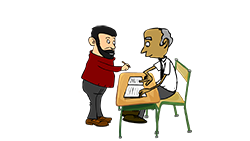
drag5_feedback
The register not only prevents multiple votes, but also shows how many people came to vote.
drop0

drop1

drop2

drop3

drop4
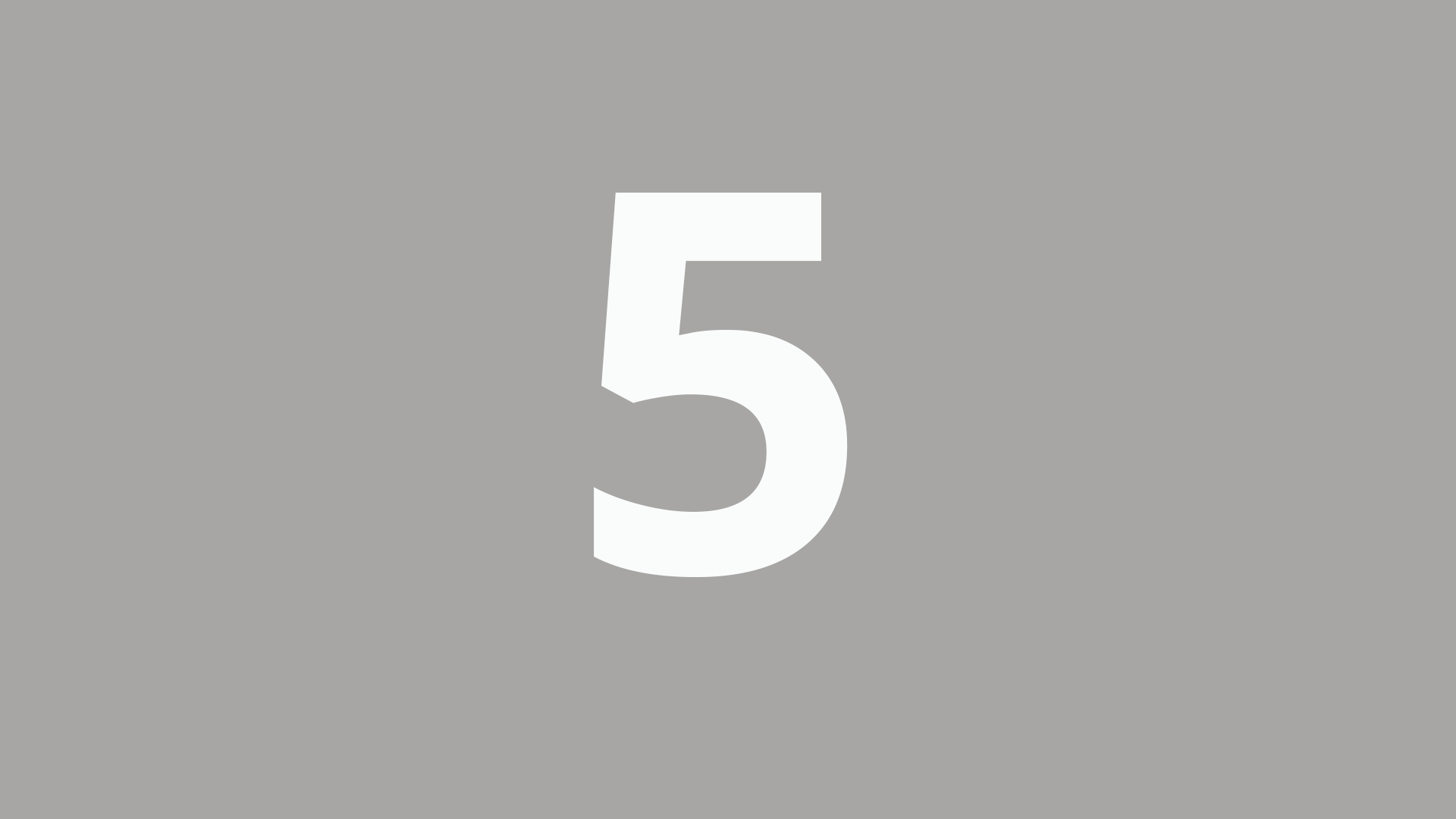
drop5

consigne
Put the different stages in an ELECTION in the right order.
If you get it right, a note will explain the purpose and the importance of that stage.
configuration
dropTopMargin:0
max:1
scaleOnSelect:0.55
D_EN_P04
Accepting differences

D_EN_P04_E01
D_EN_P04_E01
Can people play sports and perform well if they are disabled ?
D_EN_P04_E01

D_EN_P04_E02
D_EN_P04_E02_img

D_EN_P04_E03
understanding 1

understanding 2
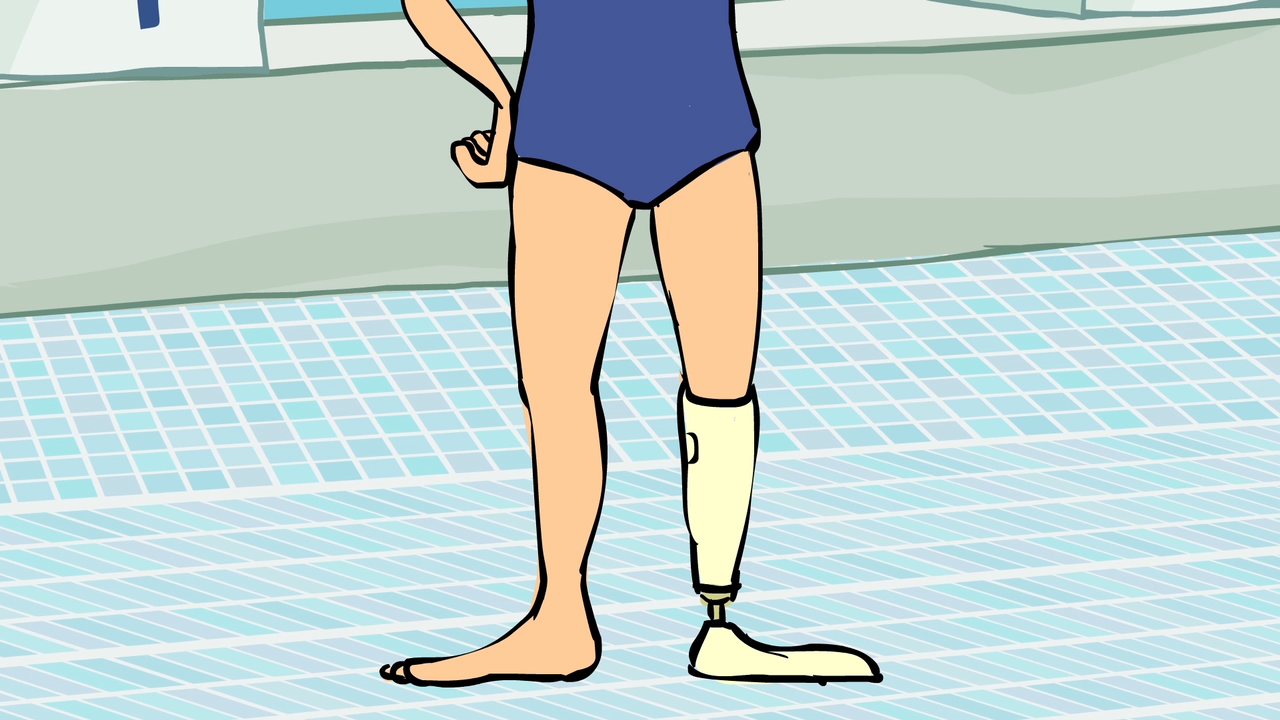
understanding 3

understanding 4
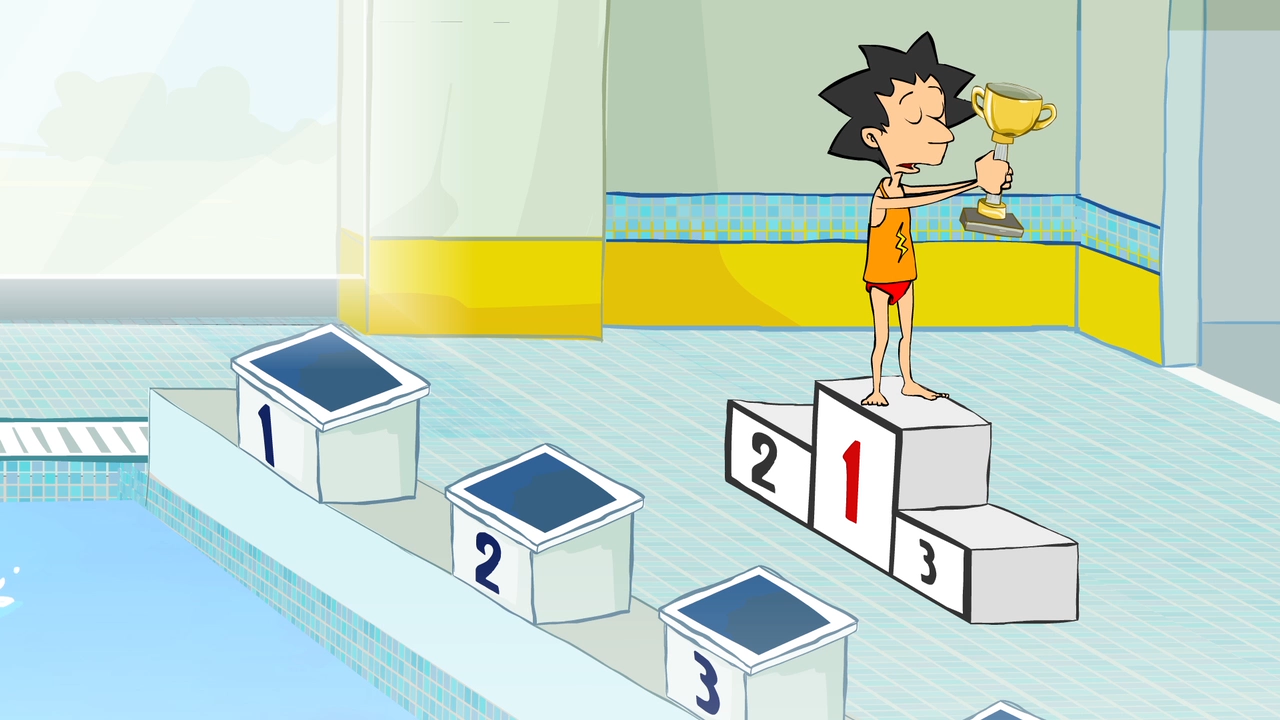
understanding 5
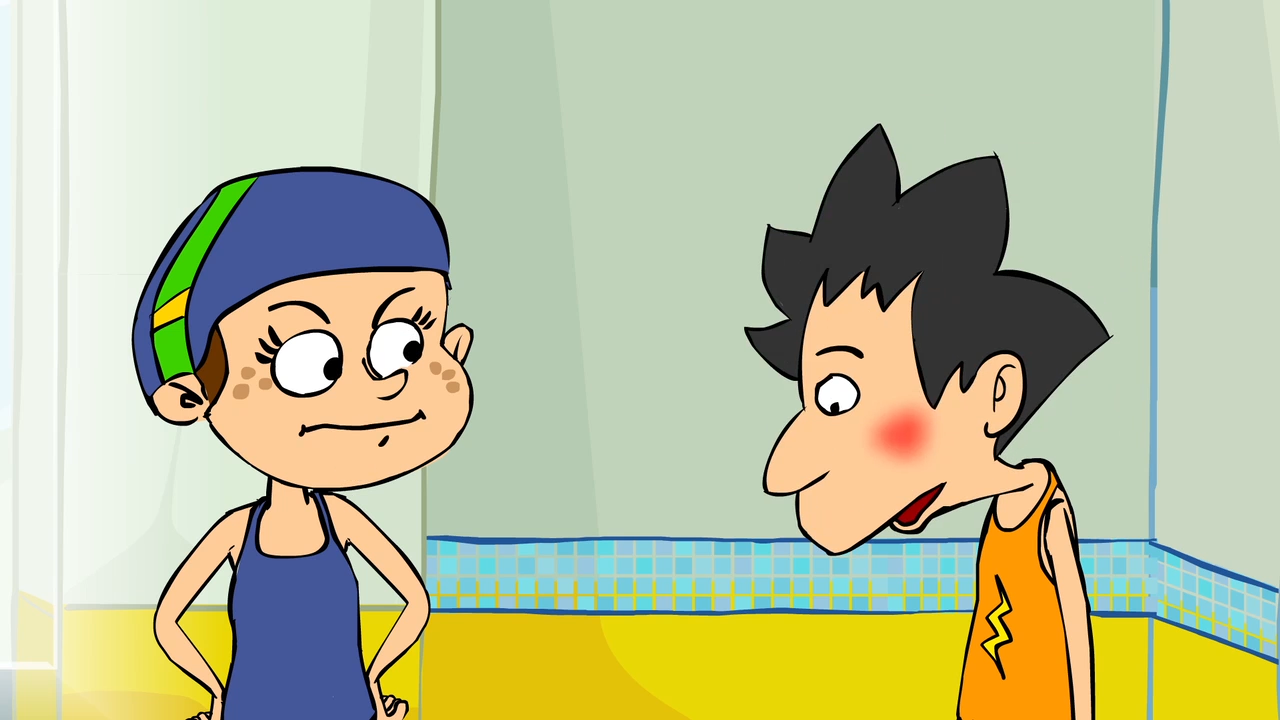
D_EN_P04_E04
Key messages
- People can play sports and perform well even if they’re disabled.
- There are many different disabilities and a thousand ways to overcome them.
- In sport, just like with disability, the goal is to surpass the limits of the human body.
- When someone compensates for their disability with a prosthesis, it’s so they can be just like everybody else. It’s not an advantage!
D_EN_P04_E05
D_EN_P04_E05

D_EN_P04_E05_concept
Put yourself in the shoes of a disabled child (e.g. visually impaired or in a wheelchair).
D_EN_P04_E05_consigne
You have to get from home to school, but the way there is full of hazards!
Select the things that make it hard for you to get around.
D_EN_P05
D_EN_P05
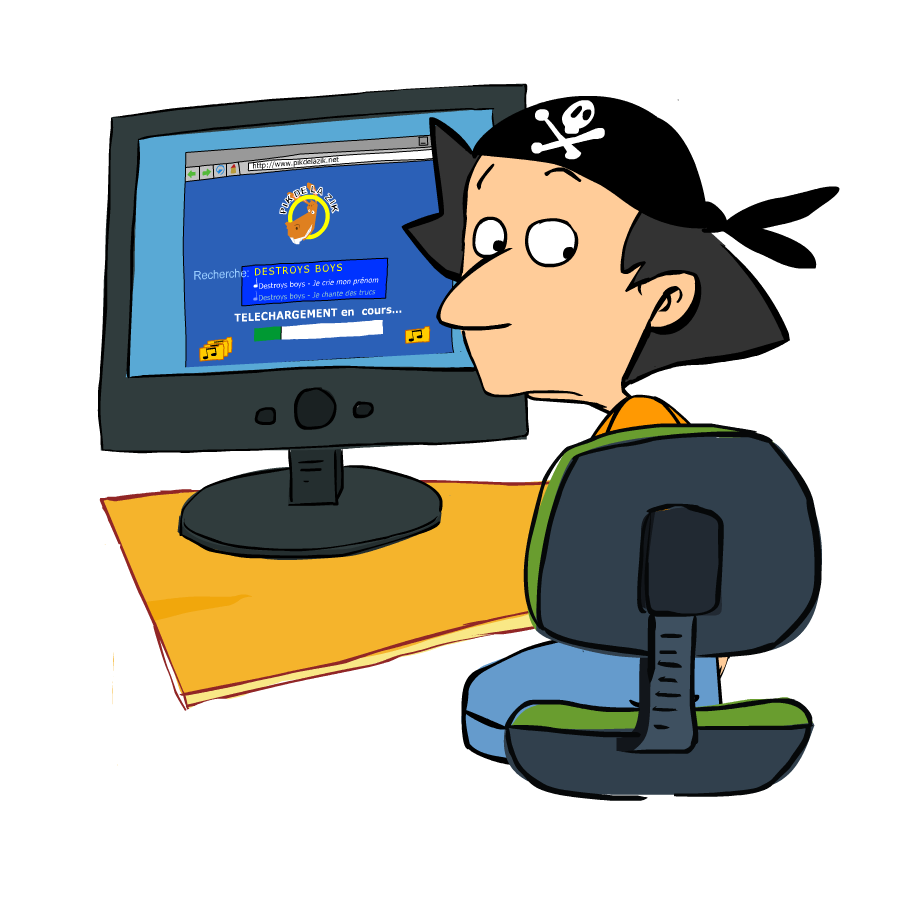
D_EN_P05_E01
introduction

D_EN_P05_E01
Does everything on the Internet belong to everybody?
D_EN_P05_E02
D_EN_P05_E02_img

D_EN_P05_E03
Understanding _ 1

Understanding _ 2
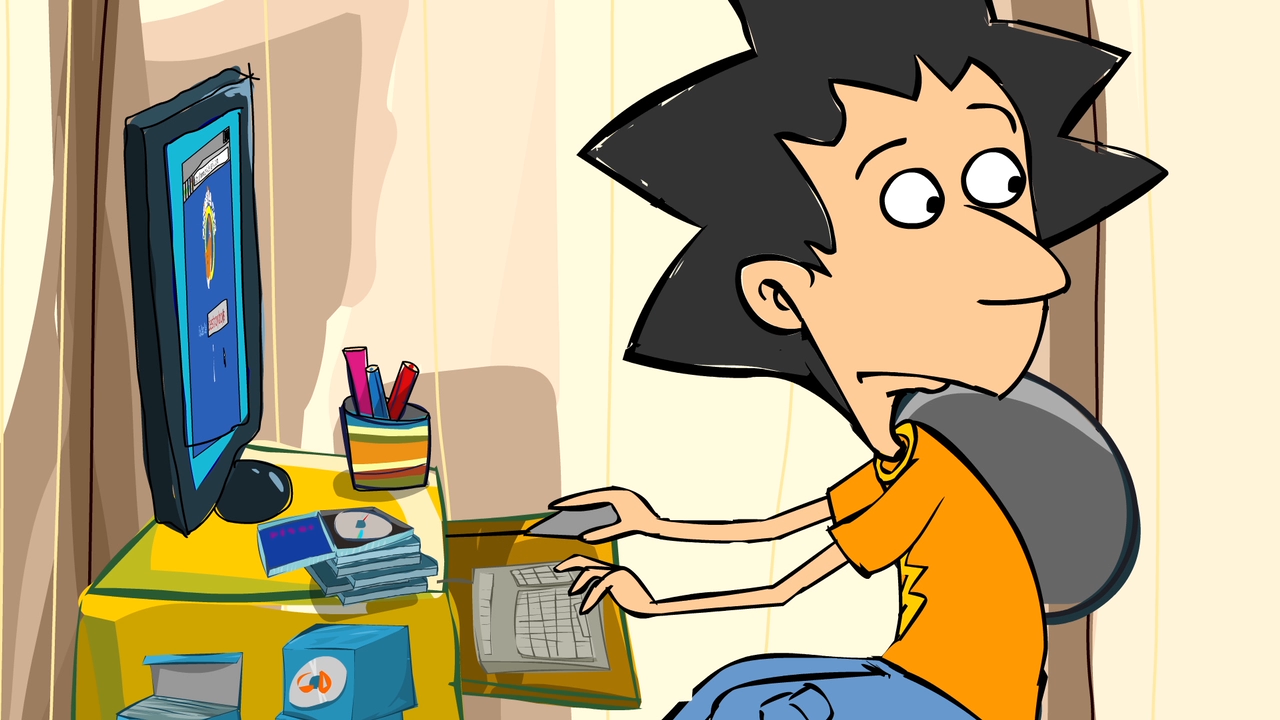
Understanding _ 4
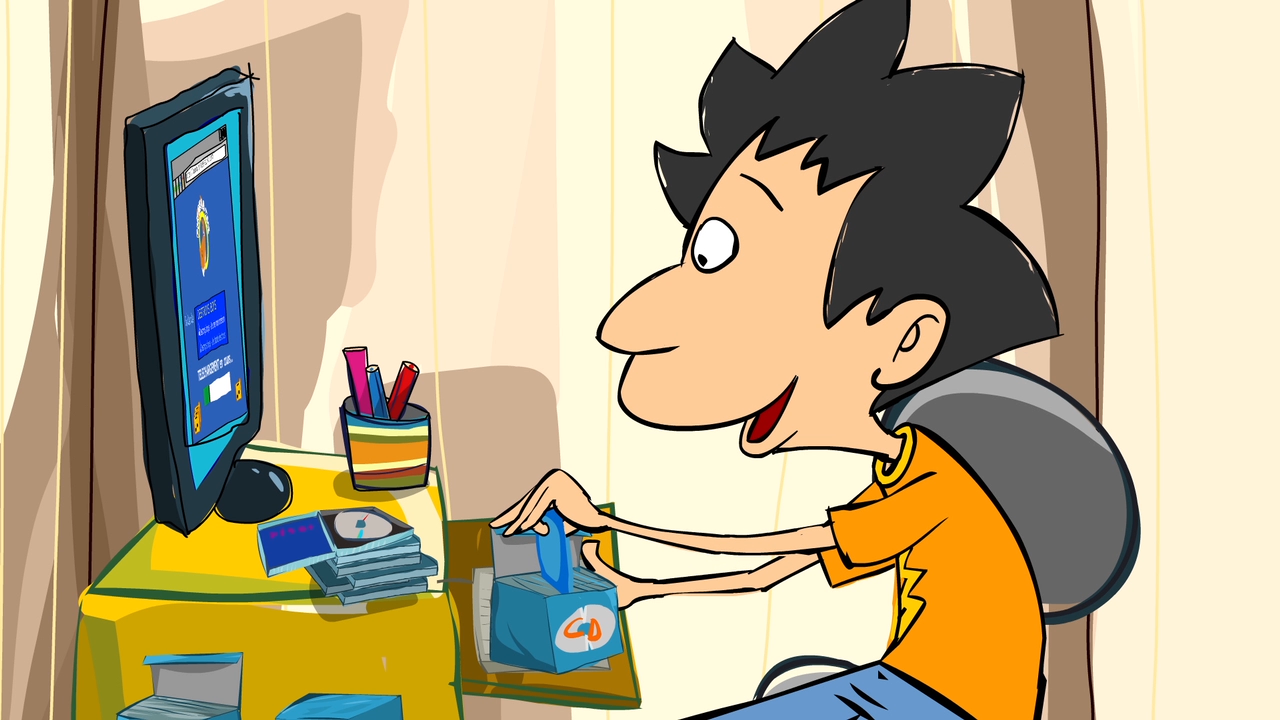
Understanding _ 3

Understanding _ 5

D_EN_P05_E04
Key Messages
-
On the Internet, videos, images and music belong to the people who created them – the authors.
-
In order to make a living from their art, artists have copyright. Piracy infringes that right.
-
Illegal downloading is punishable by law.
D_EN_P05_E05
drop0

drop1

configuration
dropTopMargin:27
dropLeftMargin:5
dropMargin:2
max:8
scaleOnSelect:0.52
drag0:drop0

drag1:drop0
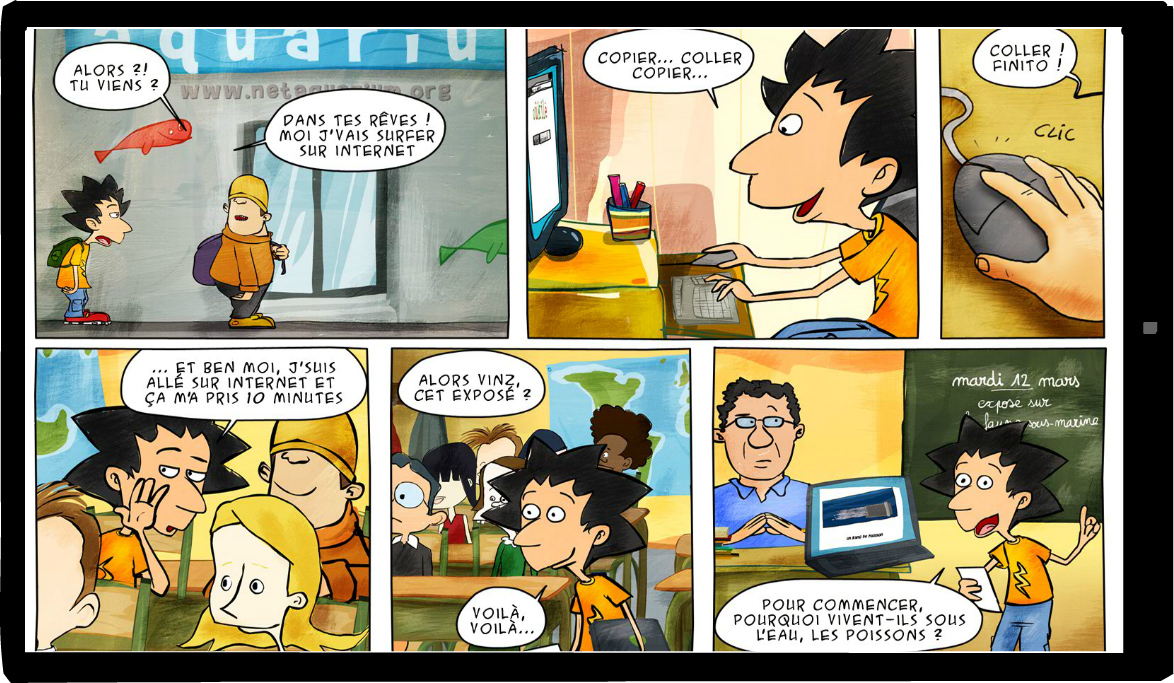
drag2:drop0

drag3:drop1

drag4:drop0

drag5:drop1

drag6:drop1
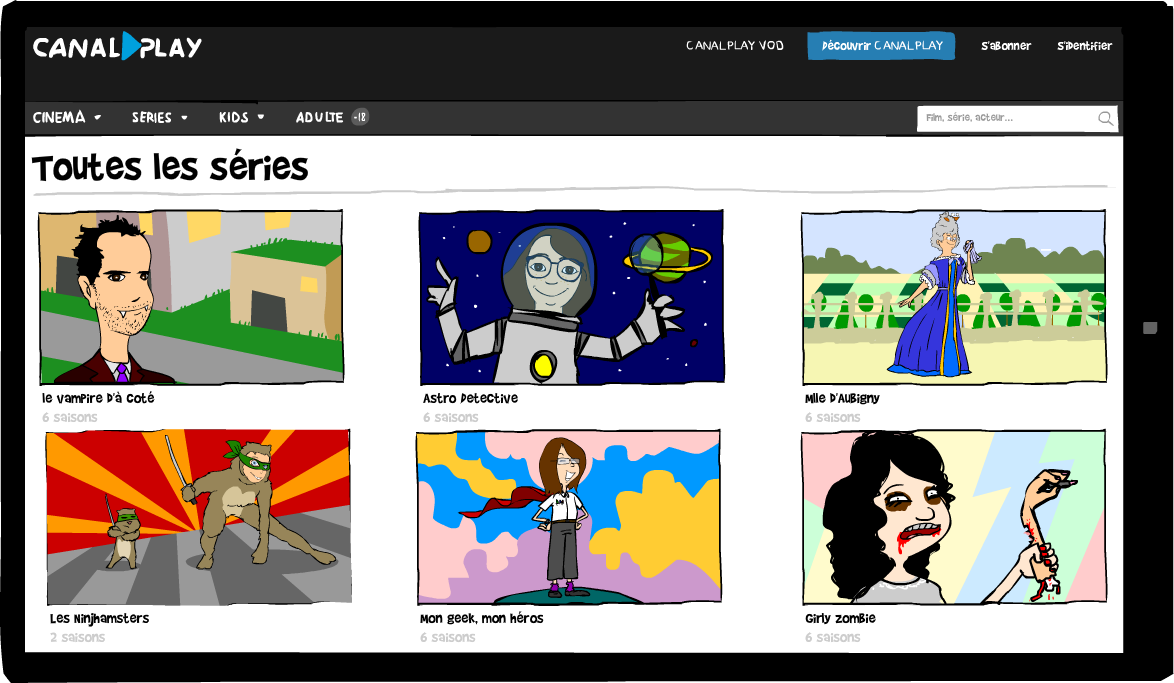
drag7:drop1

drag0_feedback
You can't download it!
Some photos are royalty-free, i.e. you can download them and use them as you wish.
Others, however, are owned by people such as photographers or companies, and are protected. This is shown in a logo or in a comment made by the author that states whether or not it can be used.
consigne
You are going to discover several Web pages inviting you to download or copy and paste documents.
If you think that you don't have the right to do this, put them in the RECYCLE BIN
If you think you can download them, put them in the DOWNLOAD FOLDER
drag1_feedback
You can't download it!
On the Internet, there are comic strips or books that can be downloaded in PDF format.
You can therefore read them on your computer. However, there are legal websites that require users to pay for downloads and which then pay the authors. Others are illegal: they offer free downloads. You must always check whether it's legal or not!
drag2_feedback
You can't download it!
Websites like YouTube are designed to watch videos. In France, it is forbidden to download the content.
drag3_feedback
You can download it!
Authors who write articles in collaborative encyclopaedias are not paid any royalties (since they do not own the copyright) and it is therefore perfectly legal to use this content.
However, please note that there are often images published with articles. These are not necessarily royalty-free. You must always check whether the images are royalty-free and that the content is not false!
drag4_feedback
You can't download it!
Music is being downloaded illegally here.
Usually, streaming websites are legal but it all depends on how people use such sites. If people use them to download films, music or television series without the permission of the authors, it's illegal.
drag5_feedbcak
You can download it!
E-books are digital books that can be read on a tablet or an e-reader.
When the copyright for a book has expired (75 years after the death of the author), the book is considered to be in the public domain and is therefore royalty-free. However, you need to always check carefully that the book is indeed in the public domain as otherwise, you cannot download it.
drag6_feedback
You can download it!
VOD stands for Video On Demand.
You have to pay in order to watch or download a video on your computer. These are legal websites that pass on part of the money they receive from subscribers to the authors. Intellectual property is therefore upheld!
drag7_feedback
You can download it!
On royalty-free image websites, photos may be accessed by everyone free of charge.
It is therefore perfectly legal to download images.
D_EN_P06
D_EN_P06

D_EN_P06_E01
Introduction

Introduction
Are we always incognito when we go by an alias on the Internet ?
D_EN_P06_E02
D_EN_P06_E02_img

D_EN_P06_E03
understanding_01
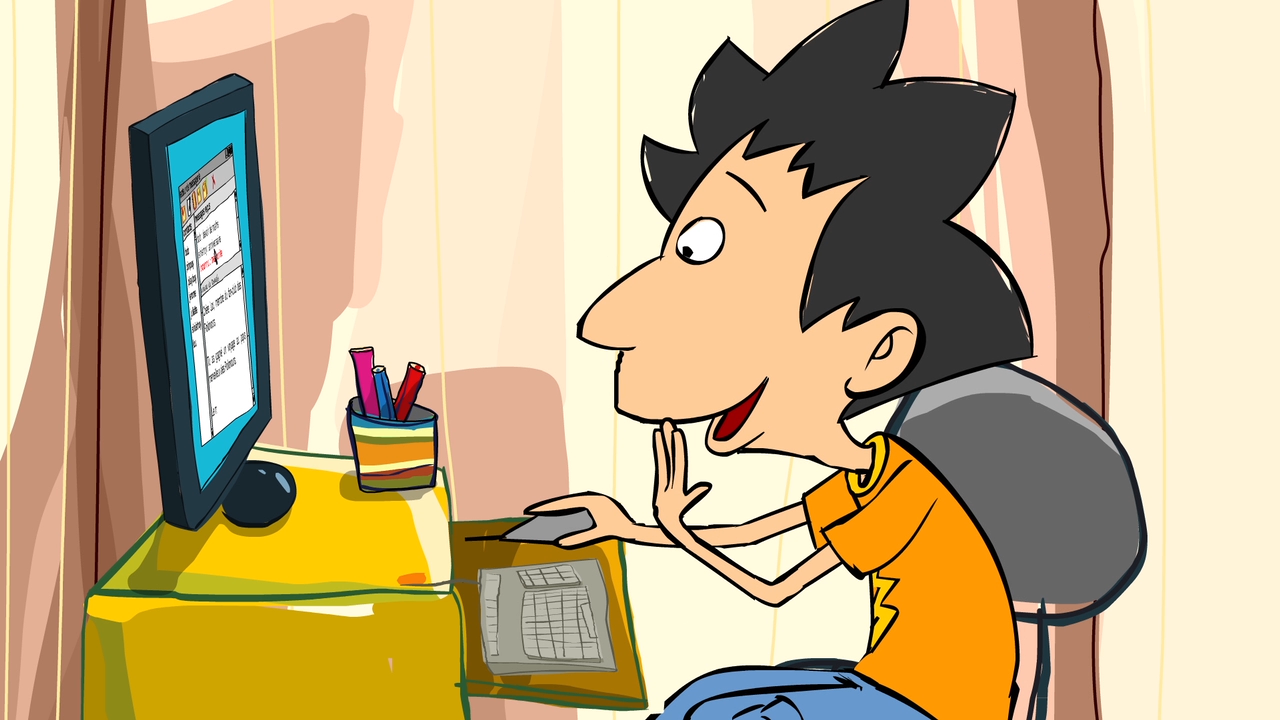
understanding_02

understanding_03

understanding_04
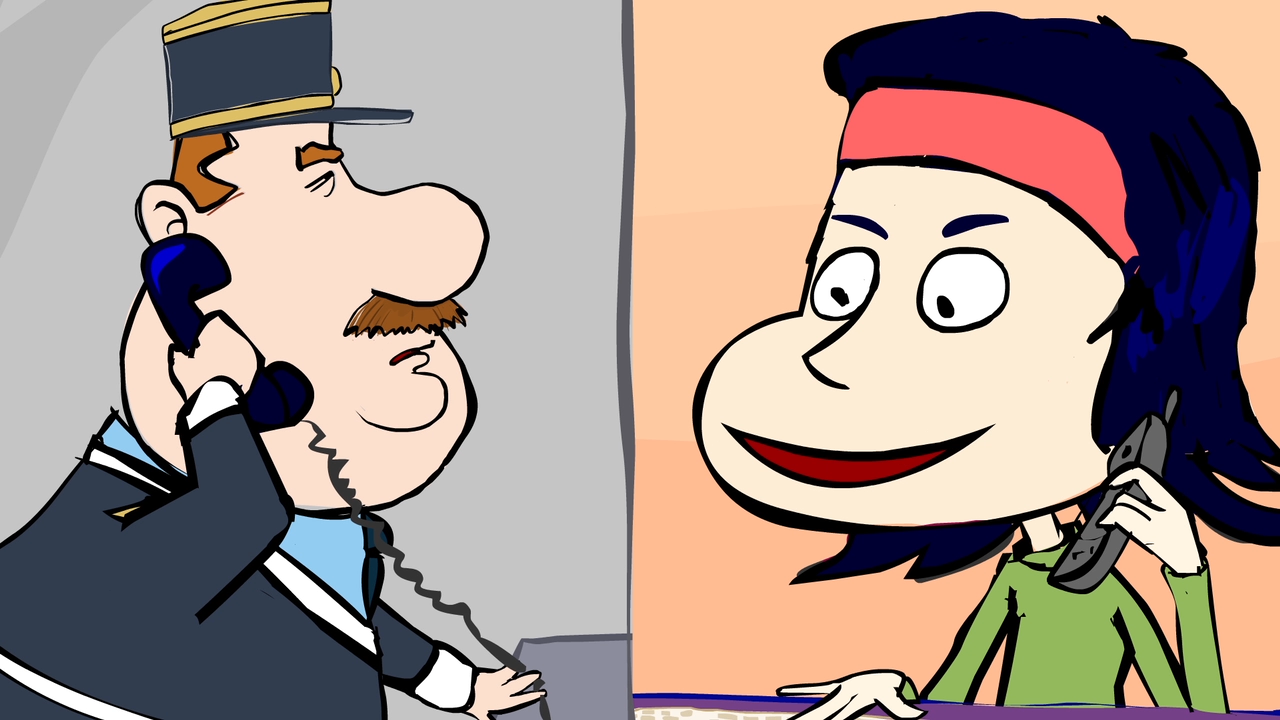
understanding_05

D_EN_P06_E04
key messages
-
Pretending to be someone else is punishable by law.
-
Never forget that you don’t know who’s hiding behind the click of a mouse.
-
You can never be totally anonymous online.
-
There are ways to find a user who has broken the law.
D_EN_P06_E05
D_EN_P07
D_EN_P07

D_EN_P07_E01
Introduction
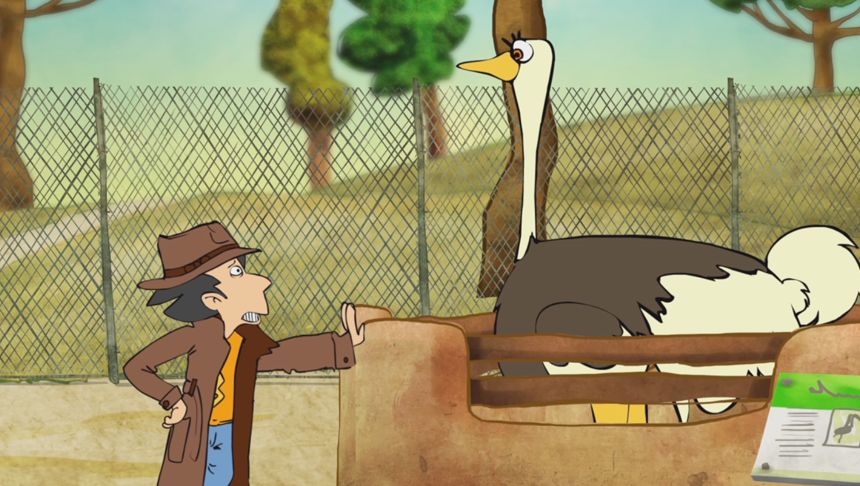
Introduction
Making fun of someone face-to-face or online: is there a difference?
D_EN_P07_E02
D_EN_P07_E02_img

D_EN_P07_E03
Understanding_01
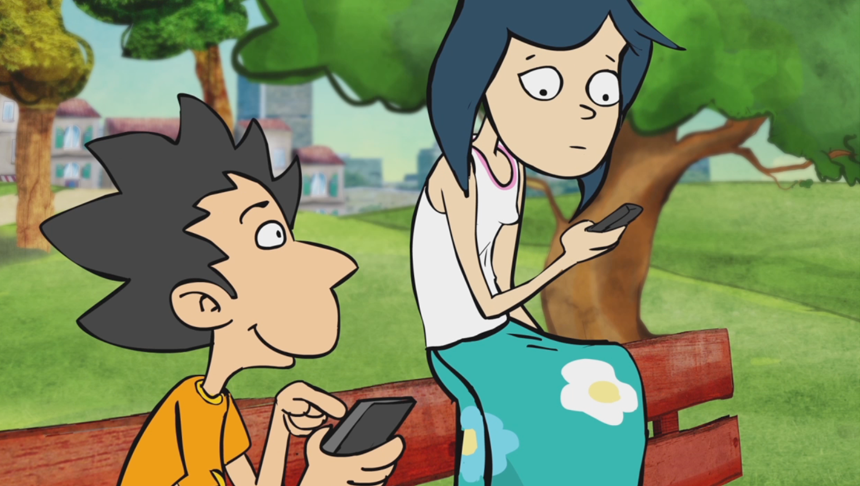
Understanding_02
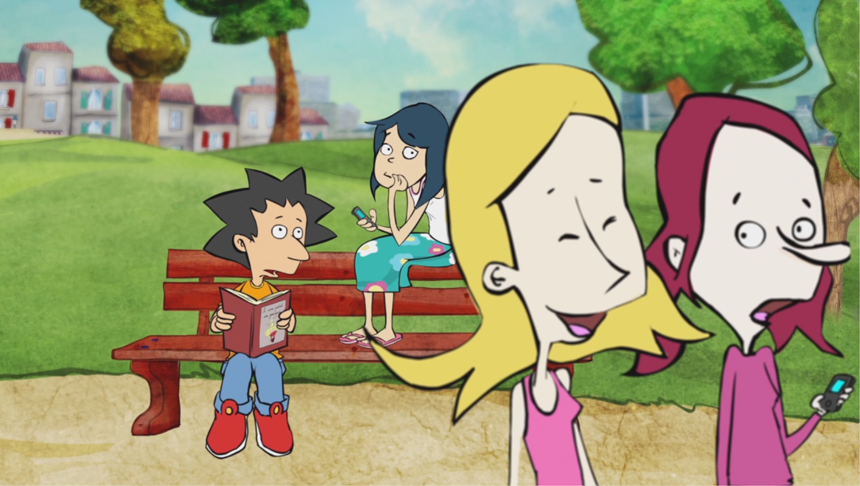
Understanding_03

Understanding_04
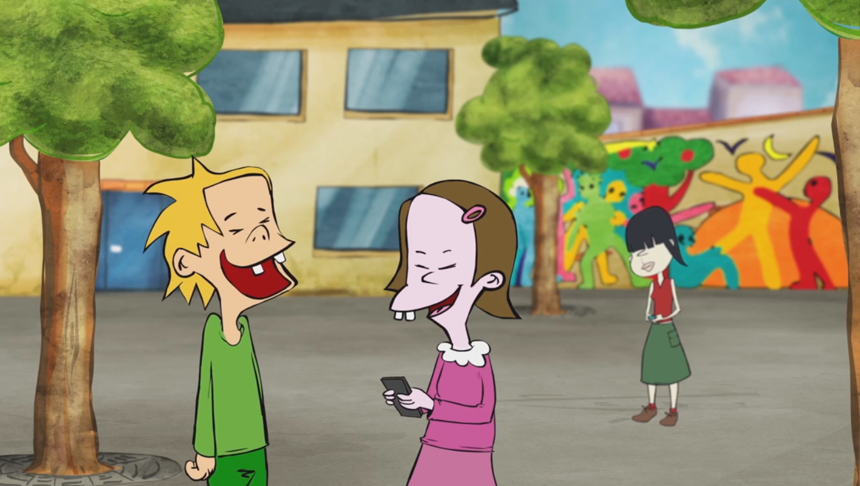
Understanding_05
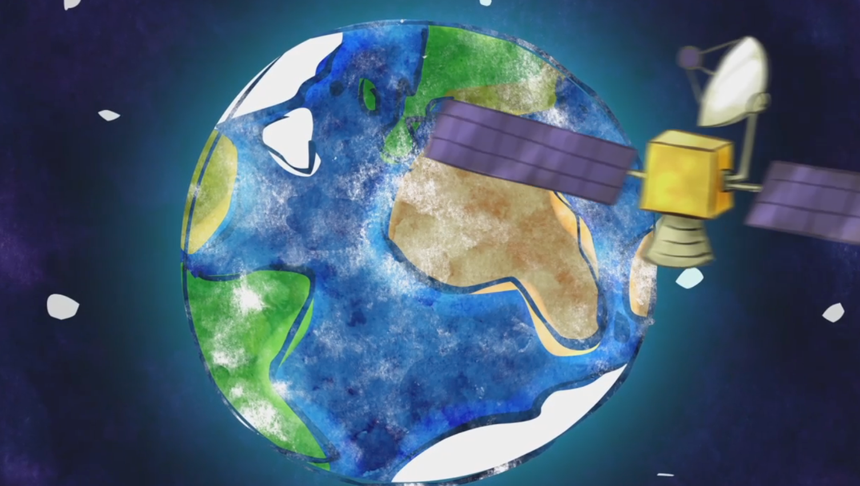
D_EN_P07_E04
Key messages
-
Anyone can be a victim of bullying at any time.
-
Virtual actions can have real-life consequences.
-
We are responsible for what we do on the Internet.
D_EN_P07_E05
D_EN_P08
D_EN_P08

D_EN_P08_E01
Introduction

Introduction _ text
What should we do, or not do, to respect other people’s privacy?
D_EN_P08_E02
D_EN_P08_E02_img

D_EN_P08_E03
Understanding_01

Understanding_02

Understanding_03

Understanding_04

Understanding_05

D_EN_P08_E04
Key messages
-
Everyone is entitled to their privacy.
-
Anyone can be a victim of bullying or assault.
-
Being able to say no, and being brave enough to talk about it, means you know how to stand up for yourself.
- Invasion of privacy is punishable by law.
D_EN_P08_E05
drag0:drop0
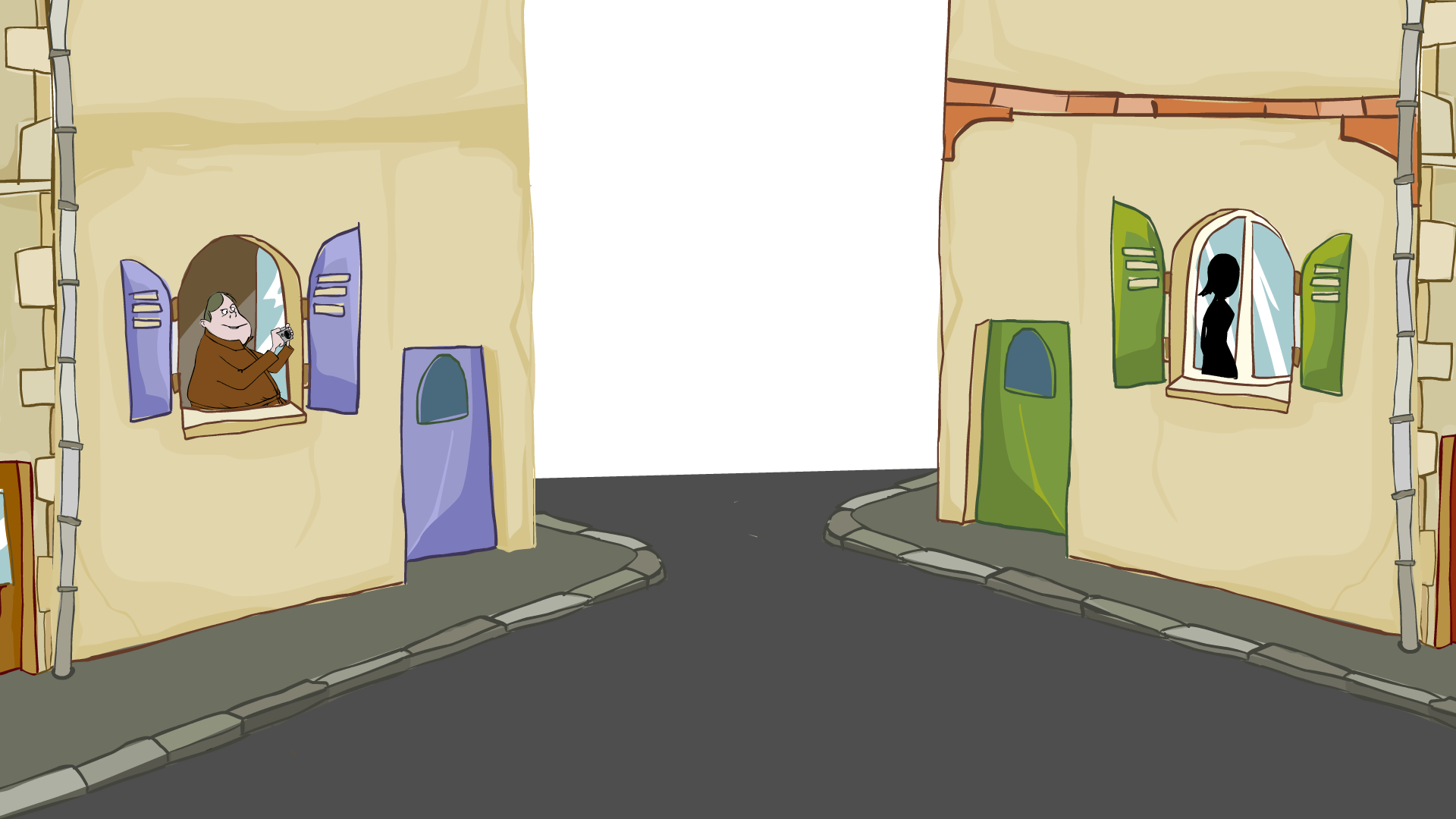
drag1:drop0

drag2:drop1
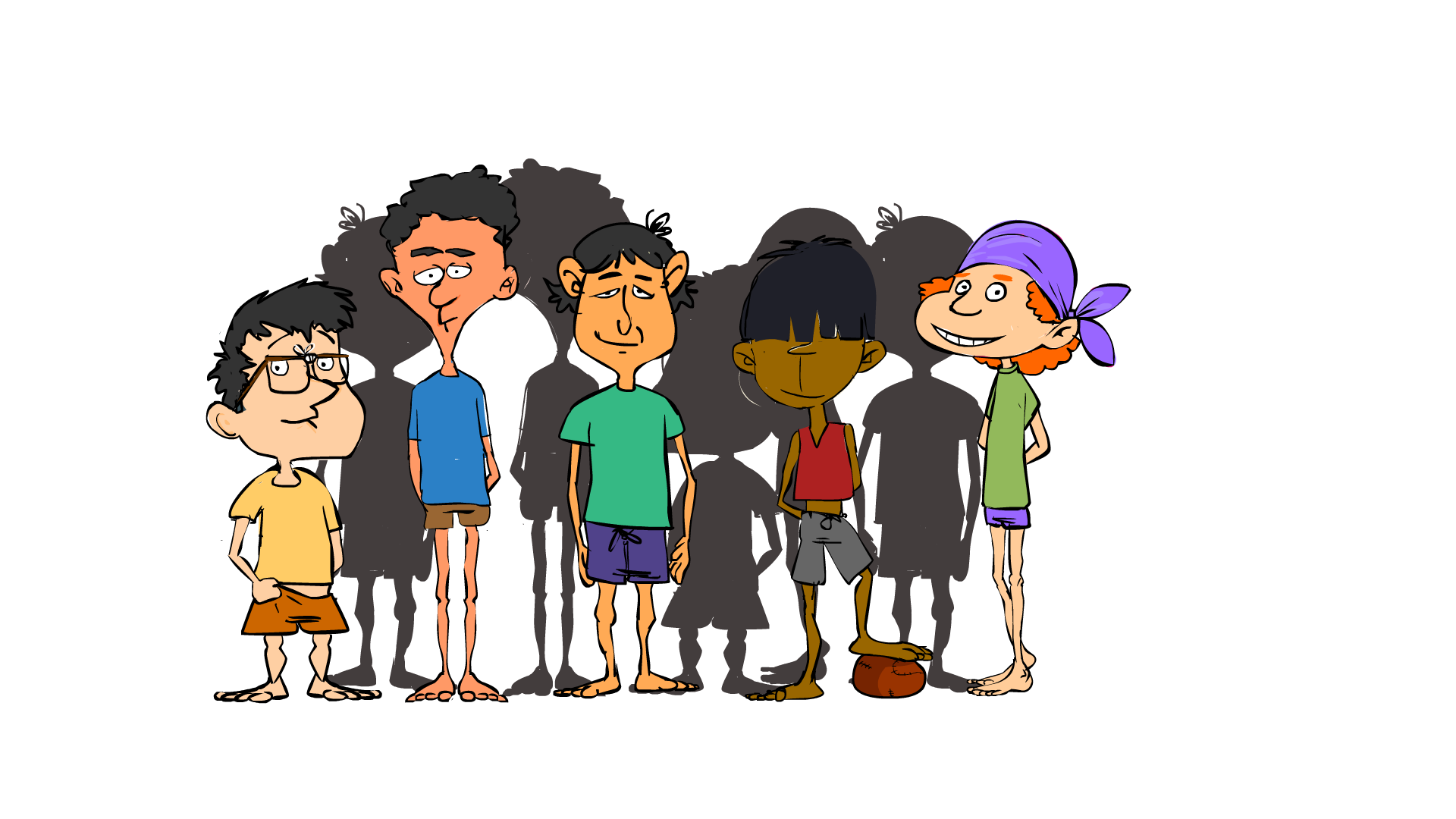
drag3:drop1

drag4:drop1
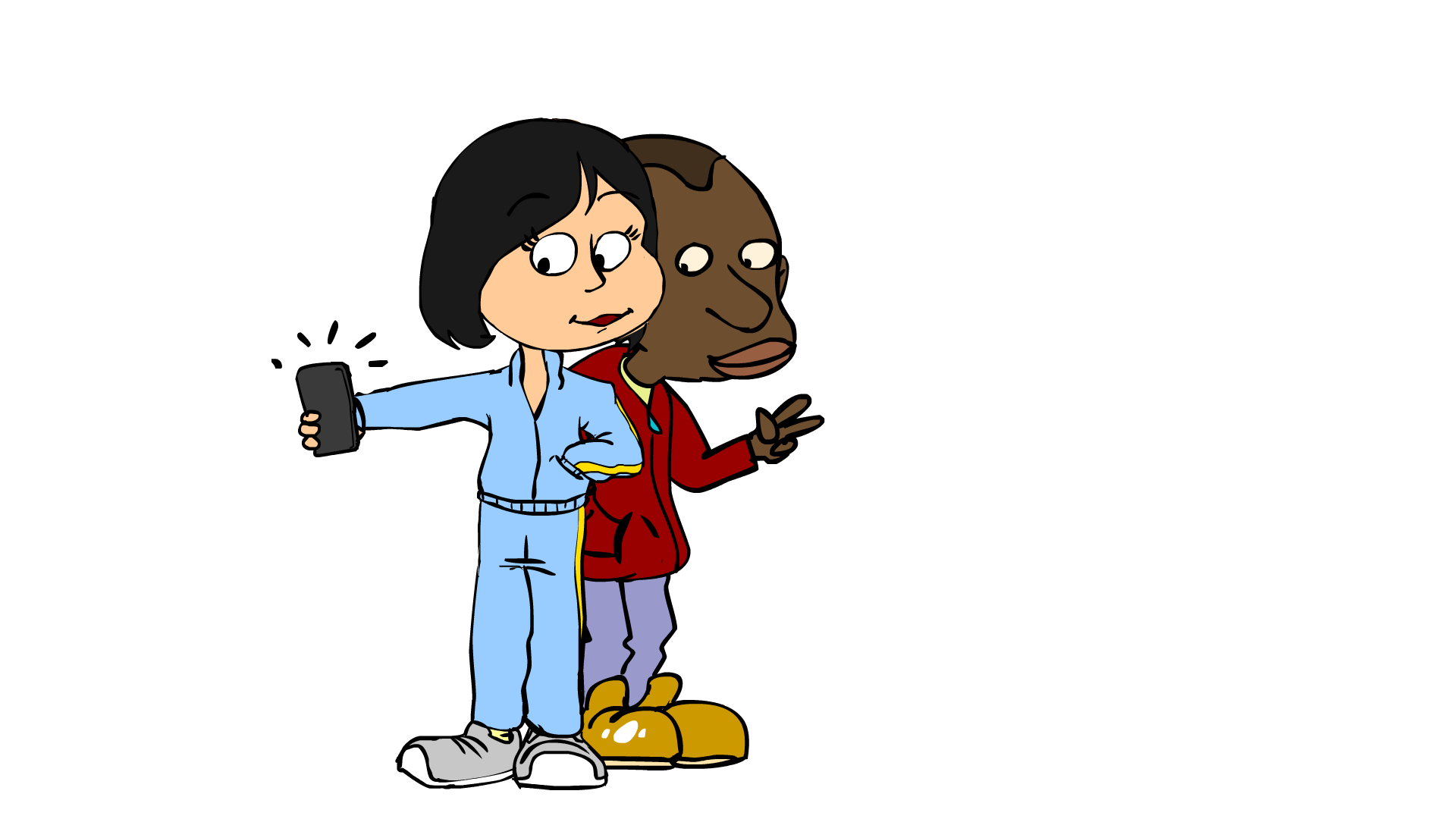
drag5:drop0

drag6:drop0
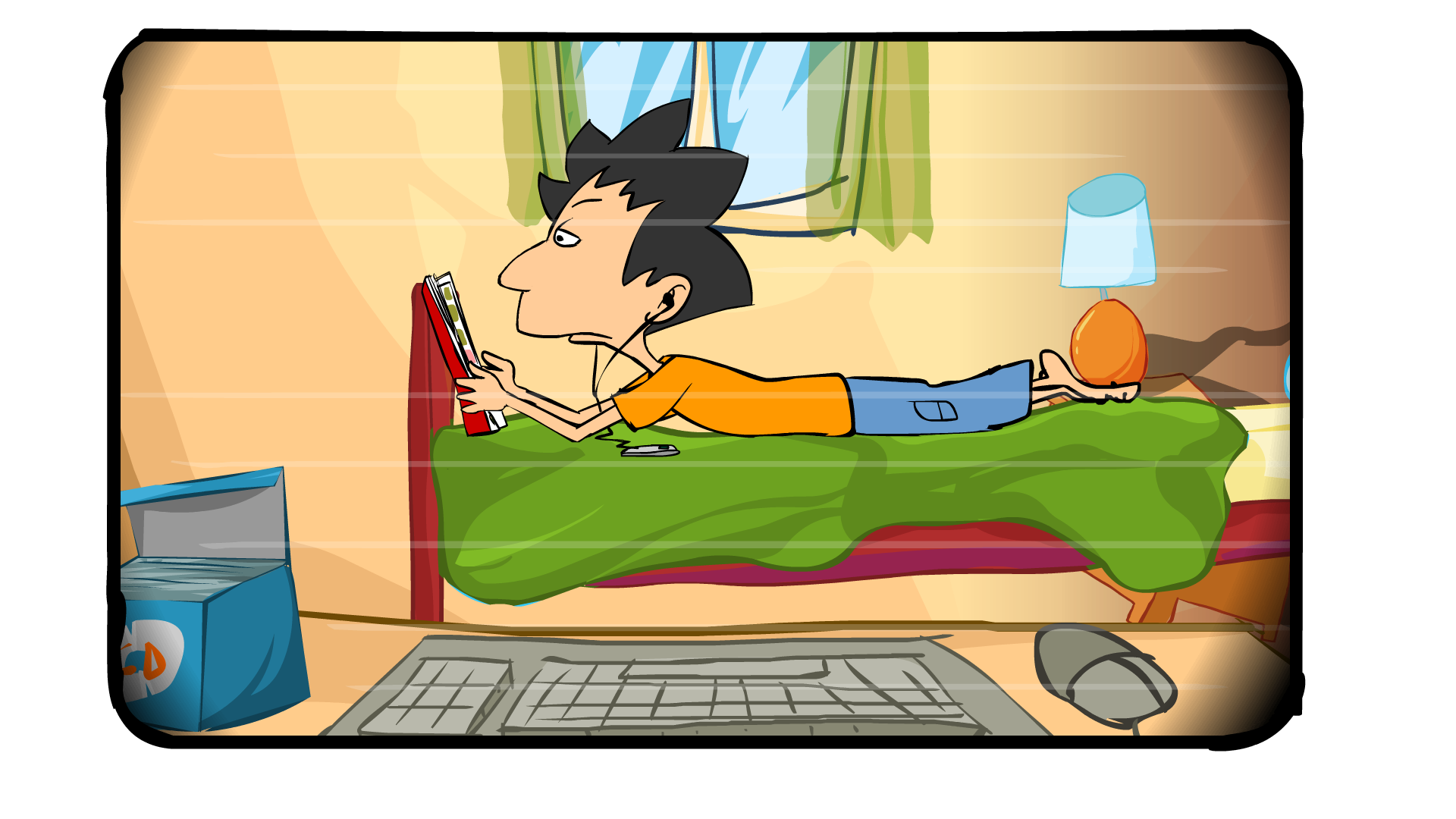
drag7:drop0

drop0

drop1

drag0_feedback
Nobody has the right to take photos of people without asking their permission.
Special attention must be paid if they are going to be published online.
However, it can be difficult to take photos in a city or a museum without catching passers-by.
drag1_feedback
When you’re at home, you are in a private space.
If someone takes your photo from outside, this is known as voyeurism and is punishable by law.
drag2_feedback
The school photographer must always get permission from parents before photographing the students.
drag3_feedback
It’s their job to have their photo taken.
drag4_feedback
You can take a photo with a friend if they agree to it.
drag5_feedback
Celebrities also have a right to privacy.
The paparazzi are not respecting that right when they photograph them without their
permission.
drag6_feedback
Webcams are a very useful tool. But be careful, certain people with ill intentions can hack them and watch everything that goes on in your home without you knowing! It is forbidden and is punishable by law.
drag7_feedback
Listening in on someone else’s phone conversation is forbidden and is punishable by law.
consigne
Here is a set of photographs of characters.
Put the images in the right folder.
configuration
dropTopMargin:27
dropLeftMargin:5
dropMargin:2
max:8
scaleOnSelect:0.52
